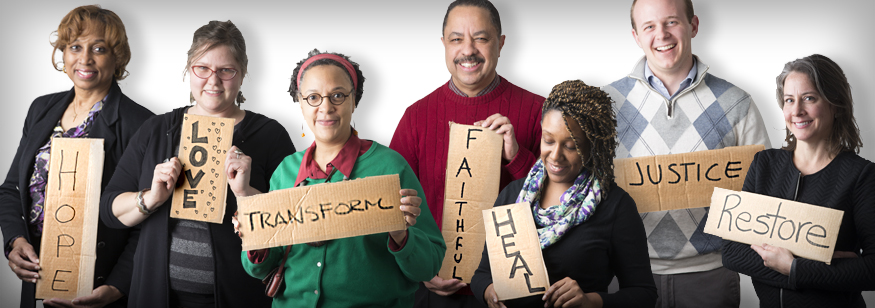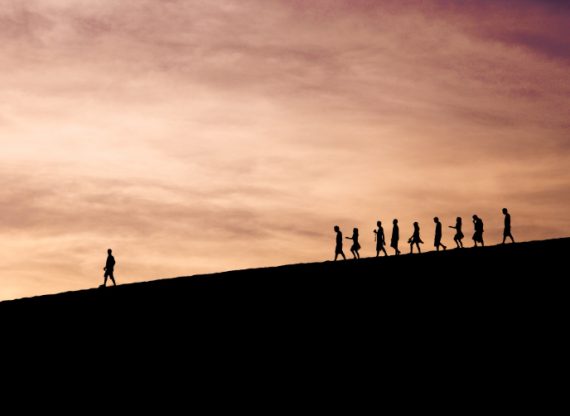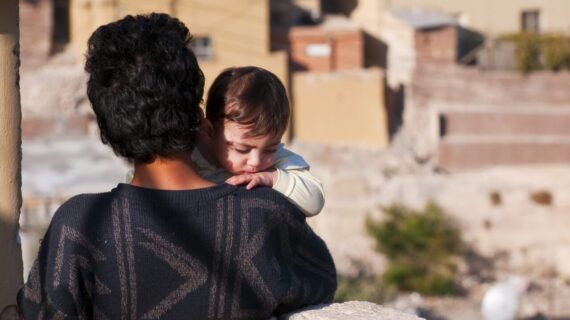
Editor’s note: Bread Blog is running a year-long series exploring passages from The Poverty & Justice Bible published by the American Bible Society (Contemporary English Version). The intent is a theological exploration at the intersection of social justice and religion. The blog posts will be written by members of the church relations staff at Bread for the World.
“Mary took a very expensive bottle of perfume and poured it on Jesus’ feet. She wiped them with her hair, and the sweet smell of the perfume filled the house. A disciple named Judas Iscariot…asked, ‘Why wasn’t this perfume sold for three hundred silver coins and the money given to the poor?’ Jesus replied, ‘Leave her alone! She has kept this perfume for the day of my burial. You will always have the poor with you, but you won’t always have me.’” (John 12:3-7, selected verses)
We all know that this passage is used frequently to shirk off responsibility for addressing the needs of poor and hungry people both in the U.S. and around the world. And we probably wouldn’t be surprised to learn that Jesus is actually referencing a passage in Deuteronomy 15 that says the poor will always be with you because of the constant presence of human greed.
The Deuteronomy passage says in the beginning that if the people would just follow God’s law, there would be no poor people. But later it says there will always be poor people…because the people don’t follow God’s law. Essentially, we are called to care for those who are vulnerable in our communities. We are called to provide support for people in the midst of crisis. We are called to show God’s love to those who need to feel it – and even those who don’t. And often we just don’t do it for a variety of reasons.
Lately, I’ve been trying to pay attention to who I identify with in the biblical narrative. In the passage from John, I think it’s easy for me to identify with the disciples looking on. On deeper reflection, as a woman, I definitely identify with Mary. But what if I identified with “the poor?” How would I read this if I was struggling to put food on the table for my children or working long hours at low-wage jobs and barely having time to see my children? What if I heard, day in and day out, from politicians and the media, that I am to blame for my poverty? What if I heard over and over again that I just need to pull myself up by my bootstraps even though I don’t have any boots? What if it were demonstrated in each election that middle-class people are important, but I really don’t fit into the definition of middle class?
If I sat and thought really hard and filtered out all of the messages of society around me, I think I’d be comforted in the notion that Jesus hasn’t forgotten me. And I think I’d fight like crazy to get the world to remember me.
REV. NANCY NEAL is the deputy director of the church relations department at Bread for the World.



